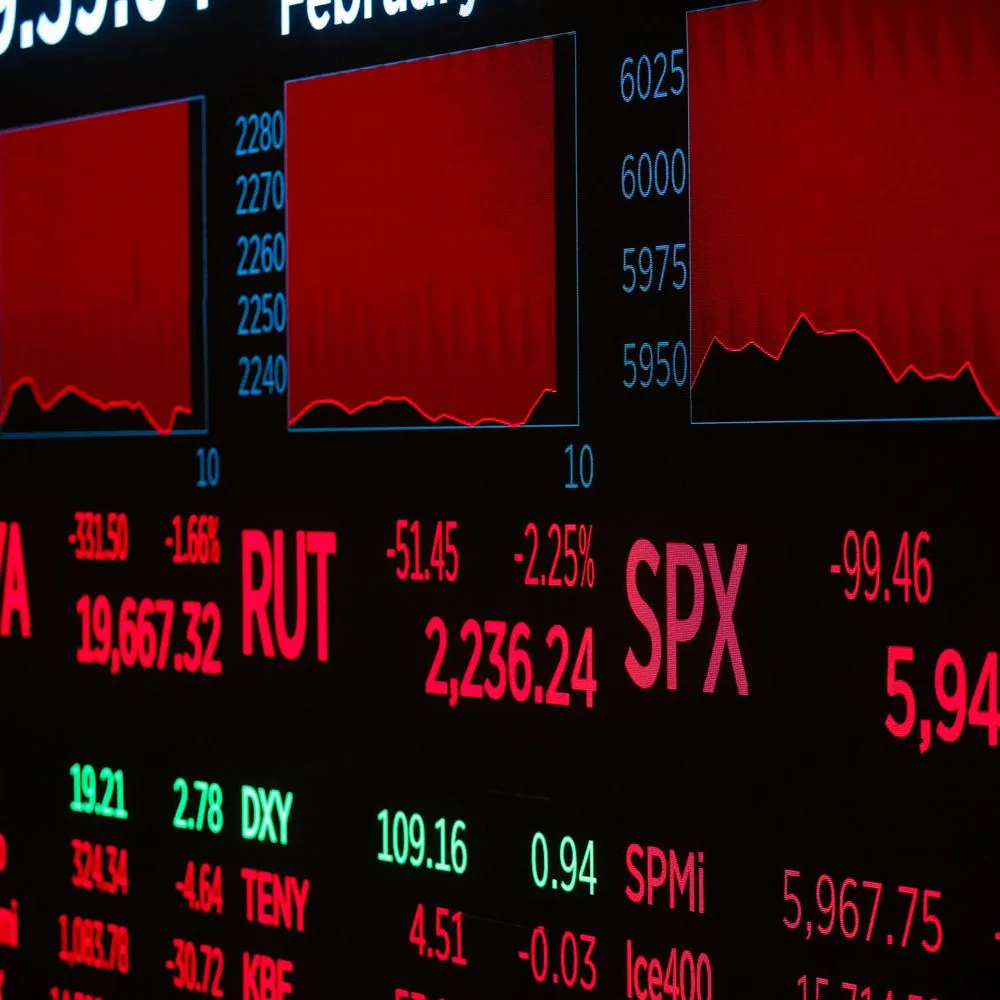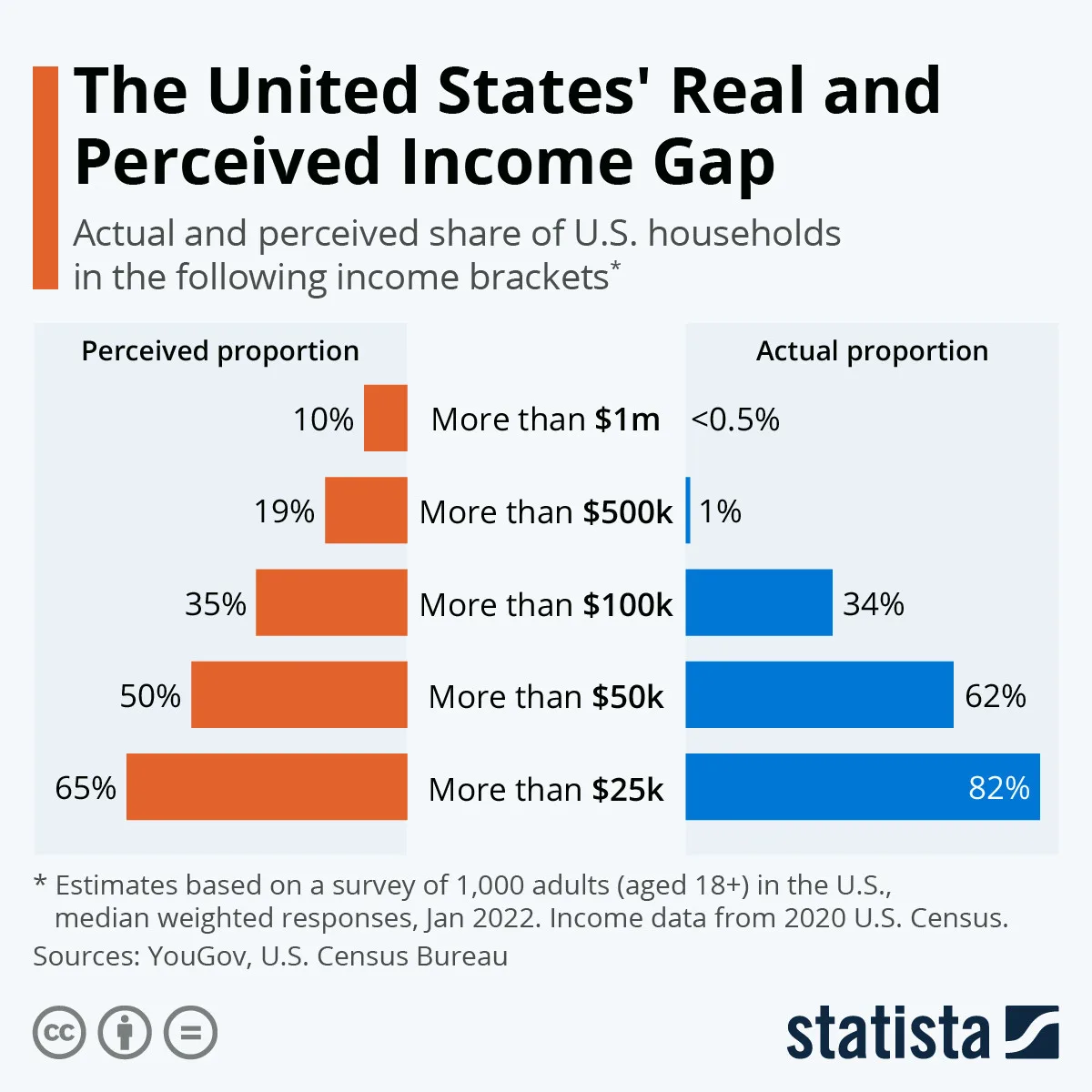The financial markets experienced notable volatility following former President Donald Trump’s announcement regarding a new round of tariffs, aimed at several key imports. Analysts express mixed feelings about the potential repercussions on the economy and how investors should navigate the changing landscape. According to Dan Ives, a well-known market strategist at Wedbush Securities, ‘This is a pivotal moment that could reshape the market dynamics in the coming months.’ Trump’s administration previously set tariffs on various imports, with rates reaching as high as 25%, which had already created waves in sectors like manufacturing and technology.
As news broke, the stock market opened down 300 points, signaling investor concerns over Trump’s intentions and their implications for trade relationships, particularly with China. Reports indicate that retail and tech stocks are among those most affected, with several companies watching the developments closely as they brace for potential price increases and supply chain disruptions. Analysts warn that prolonged tariffs might not only impact stock prices but also trickle down to consumers, who could face higher costs abroad.
The New York Times reported that investors are particularly anxious as they evaluate what increased tariffs might mean for corporate earnings in the upcoming quarters. Companies like Apple and Walmart could face specific challenges as they rely heavily on imports. Market watchers are now looking for guidance from federal officials on how the administration’s new tariffs will roll out and affect ongoing trade discussions. As one anonymous investor remarked, ‘If these tariffs stick, we might be looking at another downturn similar to what we saw in 2018.’
With uncertainty looming, the financial community is closely monitoring reactions, urging traders to strategize wisely amidst the ambiguity. Trump’s tariffs are widely seen as a contentious point that may not only affect domestic markets but also international relations, calling into question how global trade will be structured moving forward. In a recent streetside interview, a shop owner asserted, ‘I just hope the costs won’t hit our pockets too hard, because the last thing we need is another hit to our business.’ Analysts are left to ponder the broader implications of this move, a new chapter in America’s economic agenda.











